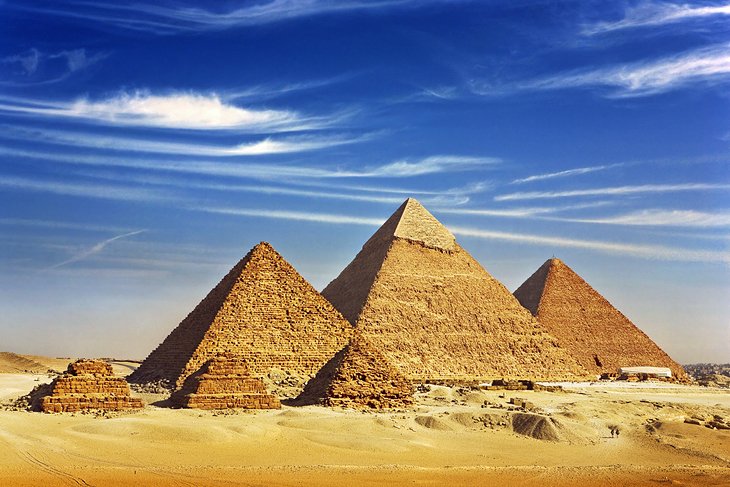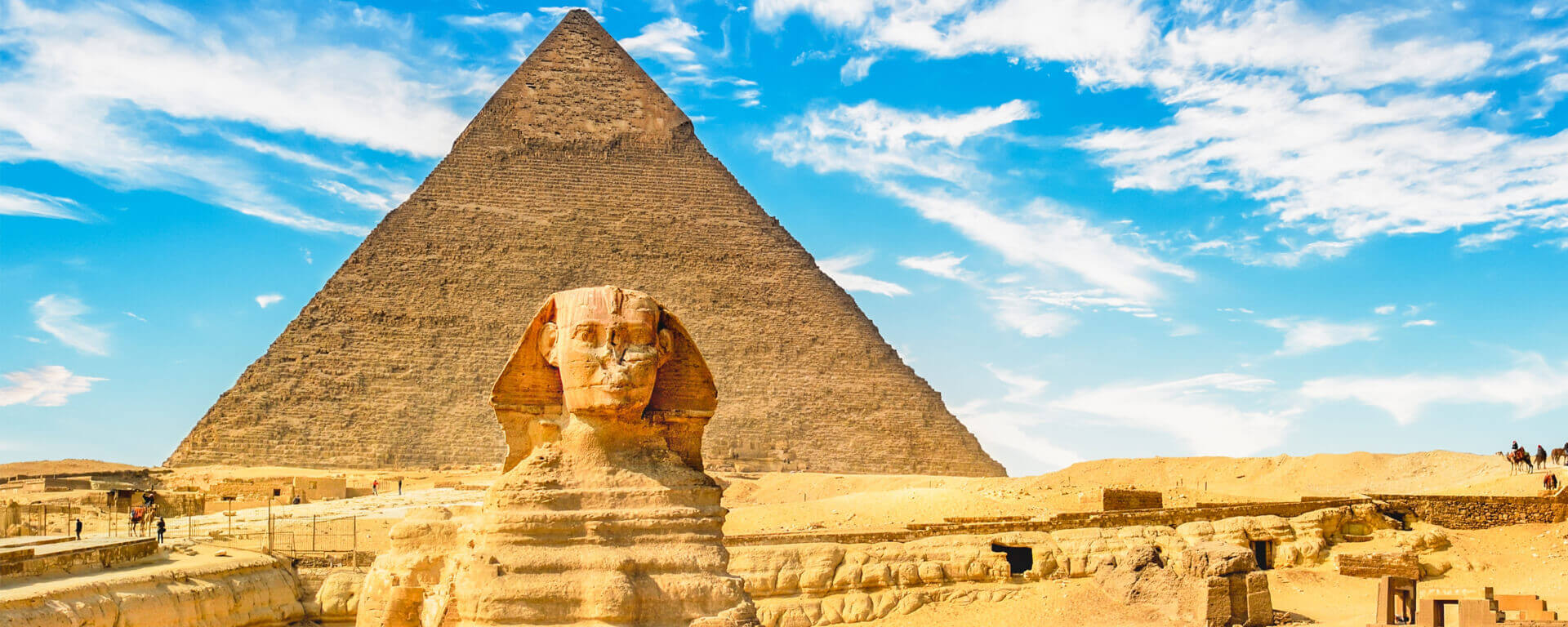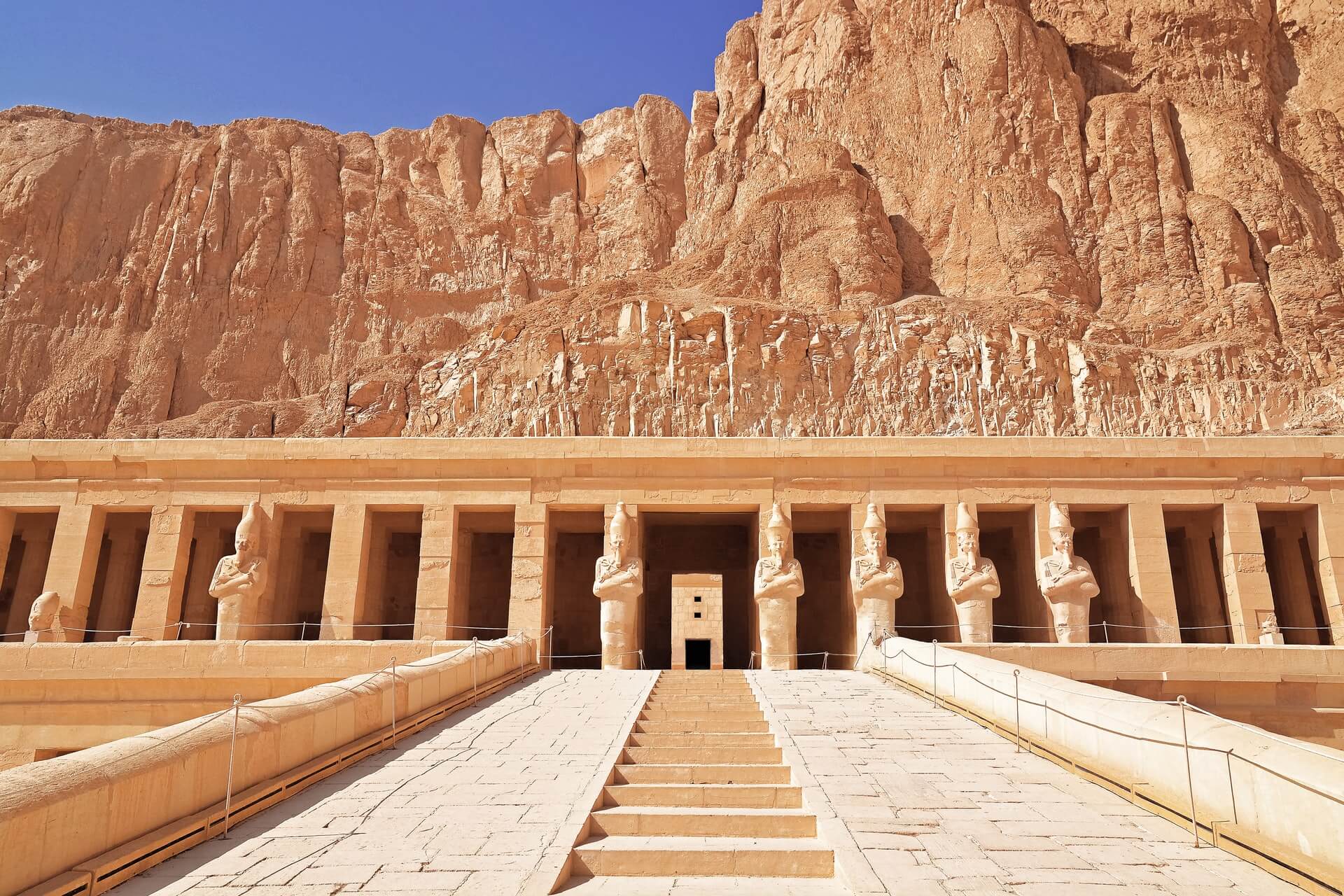
Egypt, a land steeped in millennia of history, beckons travelers with its iconic pyramids, majestic temples, and the life-giving embrace of the Nile River. From the bustling metropolises to the serene desert landscapes, this North African gem offers an unparalleled journey through ancient civilizations and a vibrant modern culture. Prepare to be captivated by its timeless allure.
Top Attractions: Unveiling the Treasures of Egypt
Egypt’s appeal lies in its extraordinary concentration of historical marvels, each whispering tales of pharaohs, gods, and empires long past.

Related Articles about Egypt: A Timeless Journey Through Ancient Wonders and Vibrant Culture:
- Mexico: A Kaleidoscope of Culture, History, and Natural Wonders
- Unveiling the Wonders of Egypt: A Guide to the Land of Pharaohs
- Beyond the Cherry Blossoms: A Journey Through Japan’s Finest Hotels and Unforgettable Experiences
- Bali: A Paradise Found – Your Guide to the Island of Gods
- Land of a Thousand Lakes and Northern Lights: Unveiling Finland’s Top Attractions
1. The Pyramids of Giza and the Sphinx: No visit to Egypt is complete without witnessing the awe-inspiring Pyramids of Giza. The Great Pyramid of Giza, built for Pharaoh Khufu, is the oldest and largest of the three, a testament to the architectural genius of the ancient Egyptians. Standing sentinel beside them is the enigmatic Great Sphinx, a mythical creature with the body of a lion and the head of a human, its gaze fixed eternally eastward. Exploring these UNESCO World Heritage sites, you can marvel at their sheer scale, ponder their construction, and even venture inside some of the pyramids for a glimpse into their ancient chambers.
2. Luxor: The World’s Largest Open-Air Museum: Situated on the east bank of the Nile, Luxor is a city that breathes history. It boasts an astonishing collection of ancient monuments, earning it the moniker "the world’s largest open-air museum."
- Karnak Temple Complex: This sprawling complex is a monumental testament to the power and devotion of successive pharaohs. Dedicated primarily to the god Amun-Ra, it features colossal obelisks, towering statues, and the awe-inspiring Hypostyle Hall, with its forest of 134 massive columns.
- Luxor Temple: Located in the heart of the city, Luxor Temple is particularly magical at sunset when its sandstone walls are bathed in a warm, golden glow. Its Avenue of Sphinxes, once connecting it to Karnak, is a striking sight.
- Valley of the Kings: On the west bank of the Nile, this legendary burial ground is where pharaohs of the New Kingdom, including the famous Tutankhamun, were laid to rest in elaborately decorated tombs. Descending into these subterranean chambers, you’ll be mesmerized by the vibrant hieroglyphs and intricate artwork that have survived for thousands of years.
- Valley of the Queens: Home to the tombs of queens and royal children, this site offers a slightly less crowded yet equally fascinating glimpse into royal burial practices. The tomb of Nefertari, wife of Ramesses II, is renowned for its exquisite preservation and artistry.
- Temple of Hatshepsut: Carved into the cliffs of Deir el-Bahari, this mortuary temple of the powerful female pharaoh Hatshepsut is an architectural marvel. Its three-tiered design and dramatic setting are unforgettable.

3. A Nile Cruise: Embarking on a Nile cruise is an iconic Egyptian experience, offering a leisurely and immersive way to explore the country’s ancient wonders. Sailing between Luxor and Aswan (or vice versa) allows you to witness life along the river, visit charming villages, and access significant historical sites like the temples of Edfu and Kom Ombo. The gentle rhythm of the river, combined with the ever-present backdrop of ancient monuments, creates an unforgettable atmosphere.
4. Aswan: Gateway to Nubia: Further south, Aswan offers a more relaxed pace and a distinct Nubian charm.
- Philae Temple: Dedicated to the goddess Isis, this beautiful temple was painstakingly relocated to Agilkia Island to save it from the rising waters of the Aswan High Dam. Its picturesque setting and well-preserved architecture make it a must-see.
- The High Dam: A marvel of modern engineering, the Aswan High Dam controls the Nile’s floods and generates electricity. While controversial, it’s an important symbol of modern Egypt.
- Abu Simbel: While a day trip from Aswan, the colossal temples of Abu Simbel, carved into a mountainside by Ramesses II, are an absolute highlight. These magnificent structures, also relocated to save them from inundation, feature imposing statues of the pharaoh and his queen Nefertari.
5. Cairo: A Metropolis of Contrasts: Egypt’s vibrant capital city is a whirlwind of activity, blending ancient history with modern life.
- The Egyptian Museum: Home to an unparalleled collection of ancient Egyptian artifacts, including the treasures of Tutankhamun, this museum is an essential stop for any history enthusiast. While a new Grand Egyptian Museum (GEM) is under construction and gradually opening its doors, the original museum still holds an immense wealth of history.
- Khan el-Khalili Bazaar: Immerse yourself in the sensory overload of this historic souk, where you can haggle for souvenirs, spices, perfumes, and traditional crafts. The labyrinthine alleys and lively atmosphere are a true taste of Egyptian life.
- Islamic Cairo: Explore the mosques, madrasas, and mausoleums of this historic district, a UNESCO World Heritage site. Highlights include the Mosque of Muhammad Ali Pasha in the Citadel and the Ibn Tulun Mosque.
- Coptic Cairo: Discover the ancient Christian heritage of Egypt in this historic quarter, home to the Hanging Church, the Church of St. Sergius and Bacchus (said to be built on the site where the Holy Family rested), and the Ben Ezra Synagogue.
6. Alexandria: The Mediterranean Gem: Founded by Alexander the Great, Alexandria offers a refreshing coastal escape with a rich Greco-Roman past.
- The Bibliotheca Alexandrina: A modern tribute to the ancient Library of Alexandria, this stunning architectural marvel houses a vast collection of books and hosts cultural events.
- Catacombs of Kom el Shoqafa: This fascinating burial complex, blending Egyptian, Greek, and Roman styles, offers a unique glimpse into the funerary practices of the Roman era.
- Qaitbay Citadel: A formidable fortress built on the site of the ancient Lighthouse of Alexandria, one of the Seven Wonders of the Ancient World.
A Glimpse into Egypt’s Rich History
Egypt’s history is a captivating saga spanning over 5,000 years, divided into several distinct periods:
- The Predynastic Period (c. 6000 – 3100 BCE): The early development of Egyptian civilization, leading to the unification of Upper and Lower Egypt.
- The Early Dynastic Period (c. 3100 – 2686 BCE): The establishment of the first dynasties and the development of hieroglyphic writing.
- The Old Kingdom (c. 2686 – 2181 BCE): The "Age of the Pyramids," characterized by the construction of the Great Pyramids of Giza and the Sphinx. This was a period of strong centralized government and prosperity.
- The First Intermediate Period (c. 2181 – 2055 BCE): A period of decentralization and political instability.
- The Middle Kingdom (c. 2055 – 1650 BCE): A period of reunification and expansion, with advancements in art, literature, and irrigation.
- The Second Intermediate Period (c. 1650 – 1550 BCE): Another period of fragmentation, marked by the Hyksos invasion.
- The New Kingdom (c. 1550 – 1070 BCE): The "Golden Age" of Egypt, with powerful pharaohs like Hatshepsut, Akhenaten, Tutankhamun, and Ramesses II. This era saw extensive empire building and the construction of magnificent temples like Karnak and Luxor.
- The Late Period (c. 664 – 332 BCE): A period of foreign rule, including Persian and Greek invasions.
- The Ptolemaic Period (332 – 30 BCE): The rule of the Greek Ptolemies, with Cleopatra VII being the last of this dynasty.
- Roman Egypt (30 BCE – 641 CE): Egypt became a Roman province after the defeat of Cleopatra and Mark Antony.
- Islamic Egypt (641 CE – Present): The Arab conquest brought Islam and Arabic language to Egypt, ushering in new dynasties and architectural styles, visible in Cairo’s historic Islamic quarter.
Travel Tips for a Seamless Egyptian Adventure
To make the most of your Egyptian journey, keep these practical tips in mind:
- Visa Requirements: Check the visa regulations for your nationality well in advance. Many nationalities can obtain a visa on arrival at Cairo International Airport or online through the official e-visa portal.
- Currency: The official currency is the Egyptian Pound (EGP). ATMs are widely available in cities and tourist areas, and credit cards are accepted in hotels, larger restaurants, and shops. It’s advisable to carry some cash for smaller purchases and markets.
- Language: Arabic is the official language. While English is widely spoken in tourist areas, learning a few basic Arabic phrases like "Shukran" (thank you) and "Salam Alaikum" (peace be upon you) will be greatly appreciated.
- Dress Code: Egypt is a conservative country, especially outside of major tourist resorts. It’s respectful to dress modestly, covering your shoulders and knees, particularly when visiting religious sites. Light, breathable fabrics are recommended.
- Bargaining: Haggling is an integral part of the shopping experience in markets and souks. Be polite but firm, and don’t be afraid to walk away if you don’t agree on a price.
- Hydration: The Egyptian climate can be hot and dry. Drink plenty of bottled water to stay hydrated. Avoid tap water.
- Sun Protection: The sun can be intense. Wear a hat, sunglasses, and high SPF sunscreen.
- Photography: Be mindful when taking photos, especially of people. Always ask for permission before photographing individuals. Some historical sites may have restrictions on photography or require a separate camera permit.
- Tipping (Baksheesh): Tipping is customary in Egypt for services rendered. Small amounts are appreciated for hotel staff, guides, drivers, and even for assistance in museums or sites.
- Safety: Egypt is generally a safe country for tourists, but it’s always wise to be aware of your surroundings, especially in crowded areas. Keep your valuables secure and avoid walking alone in dimly lit areas at night.
Accommodation Options: From Luxury to Budget-Friendly
Egypt offers a diverse range of accommodation to suit every budget and preference:
- Luxury Hotels: Major cities like Cairo, Luxor, and Aswan boast world-class luxury hotels, many with stunning Nile views or historical significance. These offer top-notch amenities, fine dining, and impeccable service.
- Boutique Hotels: For a more intimate and personalized experience, consider boutique hotels, often found in restored historical buildings, offering charm and character.
- Mid-Range Hotels: Comfortable and well-equipped mid-range hotels are widely available, providing good value for money with essential amenities.
- Guesthouses and Budget Hostels: In popular tourist destinations, you’ll find a selection of guesthouses and budget-friendly hostels, ideal for backpackers and solo travelers.
- Nile Cruise Ships: These floating hotels offer a unique way to experience Egypt, with comfortable cabins, onboard dining, and excursions to historical sites. They range from luxurious dahabiya (traditional sailboats) to larger cruise liners.
- Desert Camps: For an adventurous experience, consider staying in a desert camp in areas like Siwa Oasis or near the White Desert, offering a chance to connect with nature and experience Bedouin hospitality.
Transportation: Navigating the Land of the Pharaohs
Getting around Egypt is relatively straightforward, with several options available:
- Flights: EgyptAir is the national carrier and operates domestic flights between major cities like Cairo, Luxor, Aswan, and Sharm El Sheikh. This is the quickest way to cover long distances.
- Trains: The Egyptian National Railways operates an extensive network, with sleeper trains offering a comfortable overnight option between Cairo and Luxor/Aswan. Regular daytime trains are also available.
- Buses: Intercity buses are a budget-friendly option for traveling between cities, though journeys can be longer. Companies like Go Bus and Blue Bus offer comfortable services.
- Nile Cruises: As mentioned, this is a popular and scenic way to travel between Luxor and Aswan, offering a relaxed pace and the chance to visit riverside attractions.
- Taxis and Ride-Sharing: In cities, taxis are readily available. It’s advisable to negotiate the fare before starting your journey or opt for metered taxis. Ride-sharing apps like Uber and Careem are also popular and convenient in Cairo and Alexandria.
- Private Cars and Drivers: Hiring a private car and driver offers flexibility and comfort, especially for day trips or when exploring multiple sites.
- Felucca Rides: For a more traditional and tranquil experience, a felucca (a traditional wooden sailboat) ride on the Nile, particularly in Aswan, is highly recommended.
Best Time to Visit Egypt: Embracing the Egyptian Climate
The best time to visit Egypt largely depends on your tolerance for heat and your desire to avoid crowds.
- October to April (Winter and Spring): This is generally considered the peak tourist season and the most comfortable time to visit. The weather is pleasant, with daytime temperatures ranging from mild to warm (around 20-25°C in Cairo and Luxor, cooler in the evenings). This period is ideal for exploring the ancient sites without the extreme heat. However, expect larger crowds and higher prices.
- May to September (Summer): This is the low season due to the intense heat, especially in Upper Egypt (Luxor and Aswan), where temperatures can soar above 40°C. While you’ll find fewer crowds and potentially better deals, exploring during the day can be challenging. Coastal areas like Hurghada and Sharm El Sheikh offer a more bearable summer experience with sea breezes.
- Shoulder Seasons (Late September/Early October and May): These periods offer a good balance, with slightly warmer temperatures than winter but less extreme heat than summer. You might also find fewer crowds than during the peak season.
For most travelers seeking a balance of comfortable weather and accessibility to historical sites, the period from October to April is highly recommended.
Egypt is a destination that transcends time, offering an unparalleled blend of ancient wonders and vibrant modern life. Whether you’re captivated by the grandeur of the pyramids, enchanted by the legends of the pharaohs, or drawn to the bustling energy of Cairo, Egypt promises an unforgettable journey that will leave an indelible mark on your soul. Pack your bags, open your mind, and prepare to be amazed by the timeless magic of Egypt.





